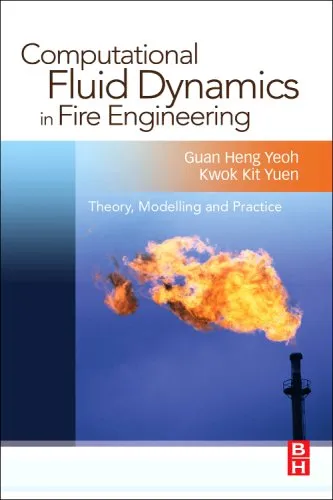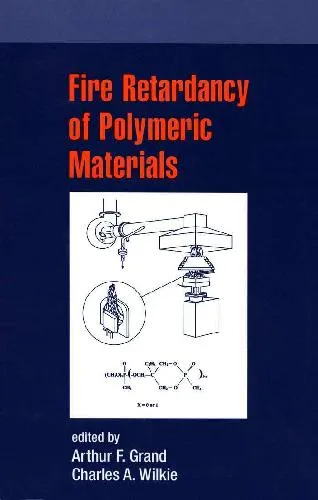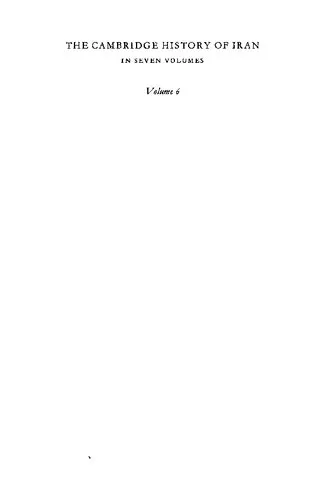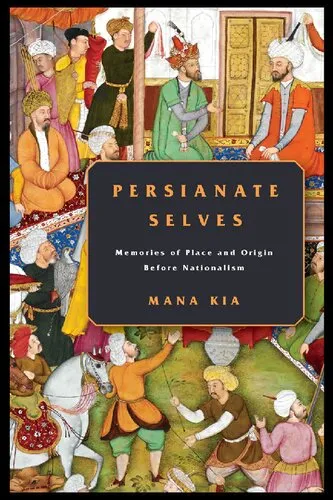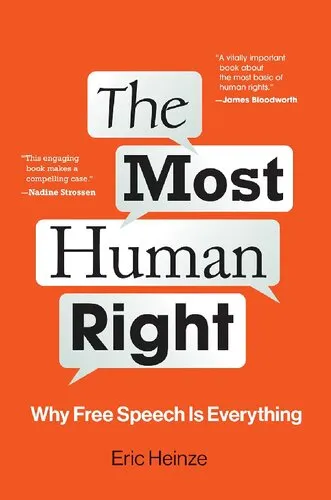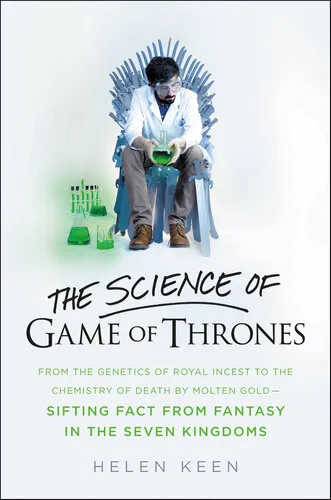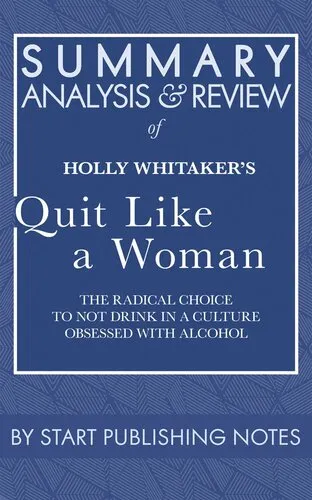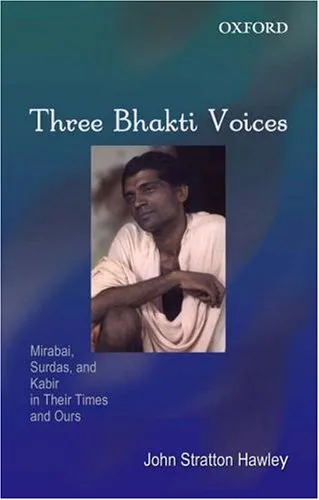WSQ Women's Studies Quarterly
4.4
Reviews from our users

You Can Ask your questions from this book's AI after Login
Each download or ask from book AI costs 2 points. To earn more free points, please visit the Points Guide Page and complete some valuable actions.Related Refrences:
Analytical Summary
The volume titled WSQ Women's Studies Quarterlypp.464—470 is a critical contribution to feminist scholarship, offering nuanced perspectives at the intersection of culture, politics, and gender theory. Spanning pages 464 to 470 of the renowned *Women's Studies Quarterly*, this work engages with complex social realities, interrogating entrenched structures of power and shedding light on marginalized voices. Written with a sharp analytical lens, it situates personal narratives within broader socio-political frameworks, an approach that has defined the intellectual character of the WSQ series since its inception.
As an academic text, WSQ Women's Studies Quarterlypp.464—470 integrates feminist cultural critique with rigorous theoretical discourse. The writing is dense yet accessible, structured to lead the reader through thematic layers of argumentation. This segment of the journal draws on interdisciplinary methods—bridging literature, anthropology, media studies, and political science—to provide a textured examination of the lived experiences and cultural representations under study. It particularly focuses on how structures of privilege intersect with historical narratives, and how these intersections inform the contemporary understanding of gender.
Information about the exact publication year and any formal accolades received by this specific section is unavailable due to lack of reliable public sources and absence of comprehensive publication metadata in open archives. However, the context of WSQ as an established academic journal assures readers of editorial quality and scholarly rigour.
Key Takeaways
This work distills key insights relevant for academics, feminist thinkers, and cultural critics. Each takeaway reflects the dual commitment to theory and praxis that defines WSQ's editorial mission.
Firstly, it reinforces the idea that feminist cultural critique must remain grounded in lived experience while attentive to theoretical complexity. Secondly, it demonstrates how gender theory discourse evolves in response to shifting socio-political contexts. Third, the text provides a model for integrating interdisciplinary methods to uncover fresh dimensions of analysis. Fourth, it engages with the politics of representation, examining how media, art, and literature reflect or distort marginalized realities. Finally, it invites dialogue across borders—geographical, disciplinary, and conceptual—emphasizing inclusivity in scholarly production.
Memorable Quotes
While the text is rich in theoretical insight, certain passages encapsulate its intellectual spirit and enduring relevance.
Feminist critique must speak to the everyday as much as to the archive, bridging lived memory with scholarly text.Unknown
Representation is never neutral; it is embedded in the politics of visibility and erasure.Unknown
Interdisciplinarity is not a choice but a necessity for capturing the full dimensions of gender in culture.Unknown
Why This Book Matters
WSQ Women's Studies Quarterlypp.464—470 matters because it embodies an intellectual commitment to questioning dominant narratives and amplifying marginalized ones.
The work’s engagement with feminist cultural critique is both academic and activist in nature. It challenges readers to confront uncomfortable truths about structural inequities, while equipping them with theoretical tools for analysis and action. In a media landscape often saturated with simplified representations of women’s lives, this text offers rigor and depth, making it an invaluable resource for educators, policy-makers, and engaged citizens. Furthermore, its contributions to gender theory discourse extend beyond academia, influencing public debates and cross-disciplinary collaborations.
Inspiring Conclusion
In reflecting on WSQ Women's Studies Quarterlypp.464—470, it becomes clear that serious engagement with feminist thought requires both intellectual rigour and empathetic listening.
For scholars, activists, and culturally engaged readers alike, the text offers a model of how to marry theory with praxis, how to read both between and beyond the lines, and how to build scholarship that is responsive to the evolving complexities of gender in society. This work stands as an invitation—read, share, and discuss its ideas in your own academic or community spaces. By doing so, the conversations sparked within these pages can ripple outward, influencing new projects and fostering collective transformation.
Free Direct Download
You Can Download this book after Login
Accessing books through legal platforms and public libraries not only supports the rights of authors and publishers but also contributes to the sustainability of reading culture. Before downloading, please take a moment to consider these options.
Find this book on other platforms:
WorldCat helps you find books in libraries worldwide.
See ratings, reviews, and discussions on Goodreads.
Find and buy rare or used books on AbeBooks.
1183
بازدید4.4
امتیاز0
نظر98%
رضایتReviews:
4.4
Based on 0 users review
Questions & Answers
Ask questions about this book or help others by answering
No questions yet. Be the first to ask!

